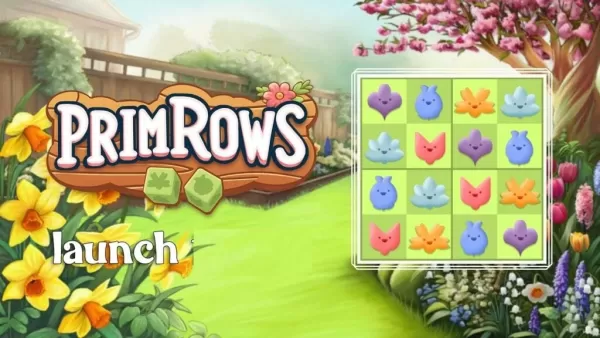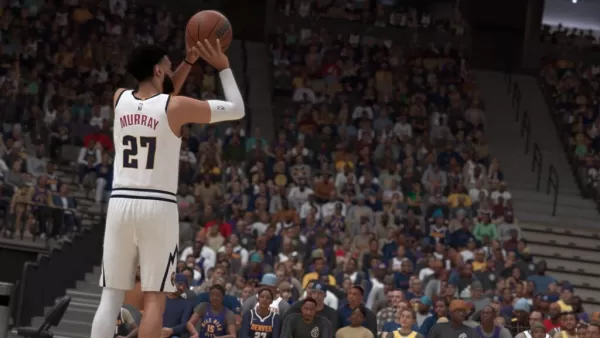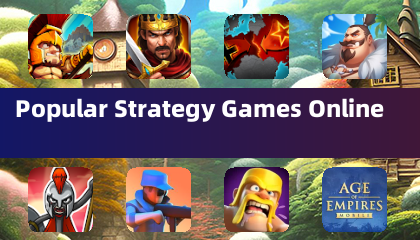If there's one headline that dominated the weekend news cycle, it was the sudden ban of TikTok in the United States. This action, long anticipated due to a congressional act labeling it a "foreign adversary controlled application," finally came into effect on Sunday. However, as you may already know, President-elect Donald Trump quickly promised to restore its service, and ByteDance promptly brought their popular social media app back online. Yet, not all of ByteDance's applications have been reinstated with the same level of urgency.
A prime example is Marvel Snap, the well-loved comic-themed card battler. As reported over the weekend, Marvel Snap, along with other ByteDance subsidiary releases like Moonton's Mobile Legends: Bang Bang, was abruptly pulled from service in the U.S., accompanied by a stark message of being banned. ByteDance's message was clear: accept all of their offerings or get none at all.
The twist in the tale? Developer Second Dinner appeared to be caught off guard by this move and has been actively managing the fallout on Twitter over the last 24 hours. Despite the unexpected hiccup, they've committed to swiftly bringing Marvel Snap back online. This entire situation, however, raises some troubling questions about the dynamics at play.
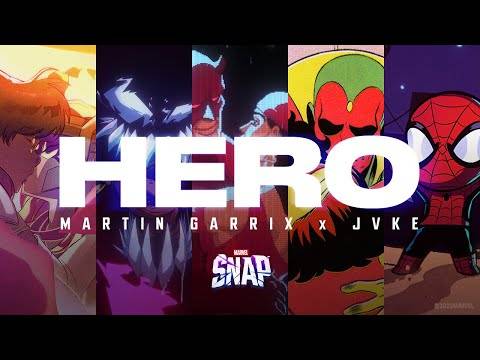 Catch!You don't need a political science degree (which, for the record, I don't have) to recognize that ByteDance's decision to temporarily pull TikTok offline and spotlight Trump as its potential savior was a strategic move to stir up conversation. It seems to have worked, allowing ByteDance to make a dramatic re-entry into the U.S. market. However, this political maneuver also dragged other gaming titles into the fray, leaving some developers, like Second Dinner, to deal with the aftermath. In an effort to appease players, Second Dinner has promised lucrative rewards upon the game's return, hopefully by the time this article goes live.
Catch!You don't need a political science degree (which, for the record, I don't have) to recognize that ByteDance's decision to temporarily pull TikTok offline and spotlight Trump as its potential savior was a strategic move to stir up conversation. It seems to have worked, allowing ByteDance to make a dramatic re-entry into the U.S. market. However, this political maneuver also dragged other gaming titles into the fray, leaving some developers, like Second Dinner, to deal with the aftermath. In an effort to appease players, Second Dinner has promised lucrative rewards upon the game's return, hopefully by the time this article goes live.
While it's unlikely that Second Dinner will abandon their profitable partnership with ByteDance over this incident, it certainly hasn't boosted their confidence. The message seems clear: ByteDance prioritizes its algorithm-driven social media platform over its mobile gaming ventures.
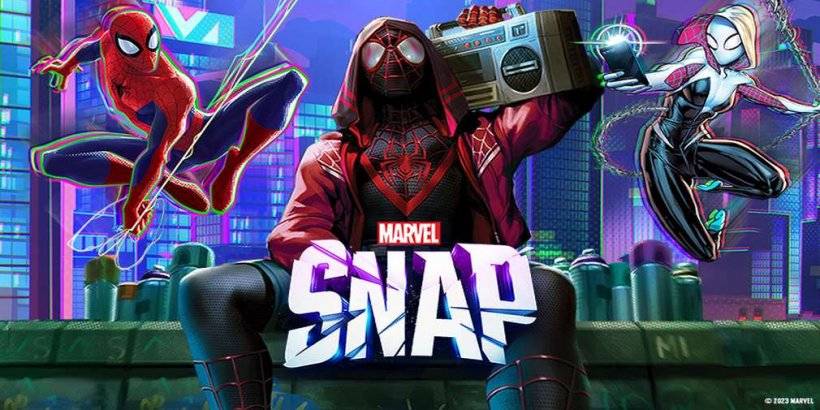 Game overThis isn't the first time ByteDance has indicated that gaming takes a backseat to their social media operations. In 2023, they laid off hundreds of employees from their gaming division, canceling numerous projects before they could launch. Since then, Marvel Snap appeared to signal a shift towards partnerships rather than in-house development. However, this significant breach of trust could make other developers and publishers wary of partnering with ByteDance, fearing they might get caught in the next political crossfire.
Game overThis isn't the first time ByteDance has indicated that gaming takes a backseat to their social media operations. In 2023, they laid off hundreds of employees from their gaming division, canceling numerous projects before they could launch. Since then, Marvel Snap appeared to signal a shift towards partnerships rather than in-house development. However, this significant breach of trust could make other developers and publishers wary of partnering with ByteDance, fearing they might get caught in the next political crossfire.
Disney, too, might be feeling the pinch, especially after the recent success of NetEase's Marvel Rivals, which boosted mobile gaming through a crossover collaboration earlier this month. ByteDance may have outmaneuvered politicians, but players, developers, and IP holders are likely to be less forgiving.
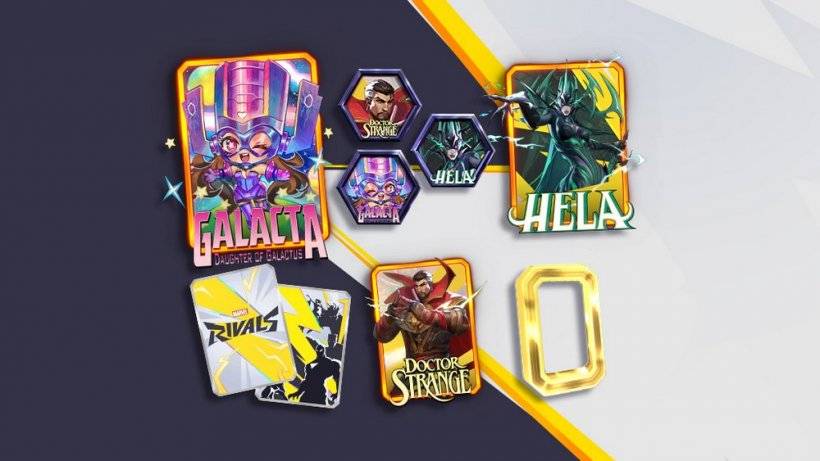 They think it's all over…Yet, there are already whispers that ByteDance might just be the beginning. Other Chinese gaming giants like Tencent and NetEase could be next in line. The FTC has already scrutinized MiHoYo over their use of loot boxes, and even this high-profile clash and its anticlimactic resolution might not deter the next politician with a vendetta against gaming.
They think it's all over…Yet, there are already whispers that ByteDance might just be the beginning. Other Chinese gaming giants like Tencent and NetEase could be next in line. The FTC has already scrutinized MiHoYo over their use of loot boxes, and even this high-profile clash and its anticlimactic resolution might not deter the next politician with a vendetta against gaming.
What could the future hold? The sudden removal of Marvel Snap certainly caught the attention of many, especially those less concerned with TikTok but passionate about their card game. ByteDance's bold strategy paid off, setting a concerning precedent. How will people react when their favorite games become pawns in geopolitical battles? There's an old saying about bread and circuses that could very well backfire on all involved parties.

 Catch!You don't need a political science degree (which, for the record, I don't have) to recognize that ByteDance's decision to temporarily pull TikTok offline and spotlight Trump as its potential savior was a strategic move to stir up conversation. It seems to have worked, allowing ByteDance to make a dramatic re-entry into the U.S. market. However, this political maneuver also dragged other gaming titles into the fray, leaving some developers, like Second Dinner, to deal with the aftermath. In an effort to appease players, Second Dinner has promised lucrative rewards upon the game's return, hopefully by the time this article goes live.
Catch!You don't need a political science degree (which, for the record, I don't have) to recognize that ByteDance's decision to temporarily pull TikTok offline and spotlight Trump as its potential savior was a strategic move to stir up conversation. It seems to have worked, allowing ByteDance to make a dramatic re-entry into the U.S. market. However, this political maneuver also dragged other gaming titles into the fray, leaving some developers, like Second Dinner, to deal with the aftermath. In an effort to appease players, Second Dinner has promised lucrative rewards upon the game's return, hopefully by the time this article goes live. Game overThis isn't the first time ByteDance has indicated that gaming takes a backseat to their social media operations. In 2023, they laid off hundreds of employees from their gaming division, canceling numerous projects before they could launch. Since then, Marvel Snap appeared to signal a shift towards partnerships rather than in-house development. However, this significant breach of trust could make other developers and publishers wary of partnering with ByteDance, fearing they might get caught in the next political crossfire.
Game overThis isn't the first time ByteDance has indicated that gaming takes a backseat to their social media operations. In 2023, they laid off hundreds of employees from their gaming division, canceling numerous projects before they could launch. Since then, Marvel Snap appeared to signal a shift towards partnerships rather than in-house development. However, this significant breach of trust could make other developers and publishers wary of partnering with ByteDance, fearing they might get caught in the next political crossfire. They think it's all over…Yet, there are already whispers that ByteDance might just be the beginning. Other Chinese gaming giants like Tencent and NetEase could be next in line. The FTC has already scrutinized MiHoYo over their use of loot boxes, and even this high-profile clash and its anticlimactic resolution might not deter the next politician with a vendetta against gaming.
They think it's all over…Yet, there are already whispers that ByteDance might just be the beginning. Other Chinese gaming giants like Tencent and NetEase could be next in line. The FTC has already scrutinized MiHoYo over their use of loot boxes, and even this high-profile clash and its anticlimactic resolution might not deter the next politician with a vendetta against gaming. LATEST ARTICLES
LATEST ARTICLES 